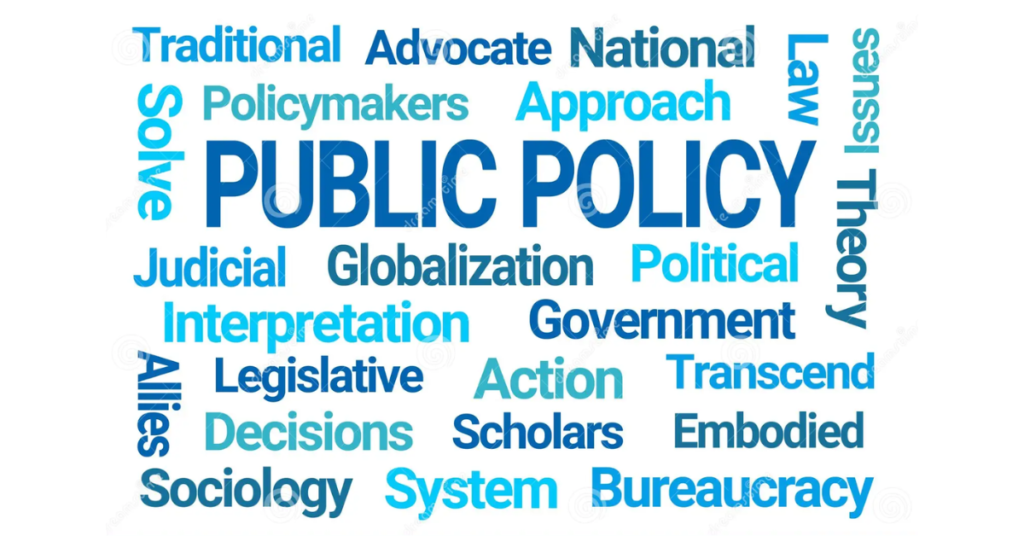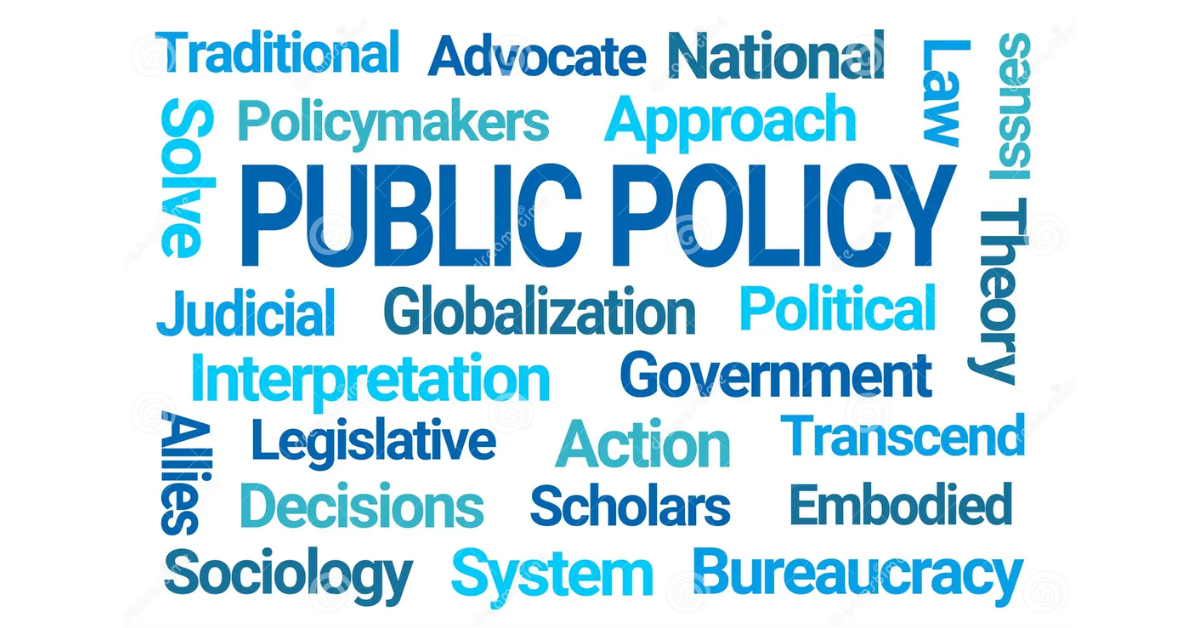Public policy plays a crucial role in shaping societies, influencing everything from economic development to social justice and environmental sustainability. As governments and organizations around the world seek skilled professionals who can analyze complex issues and create effective policies, the demand for quality education in public policy has never been higher. This article explores some of the best universities for public policy, providing insights into their programs, faculty, and opportunities for students.

Understanding Public Policy Education
Public policy education equips students with the skills needed to tackle pressing societal issues through research, analysis, and advocacy. Students learn to evaluate policy options, conduct research, and understand the implications of different policy decisions. Core subjects often include economics, statistics, political science, ethics, and sociology.
Key Skills Developed in Public Policy Programs
- Analytical Skills: Students learn to analyze data and evaluate the effectiveness of existing policies.
- Research Proficiency: Programs emphasize the importance of rigorous research methodologies.
- Communication: Public policy professionals must communicate their findings and recommendations effectively to diverse audiences.
- Critical Thinking: Students develop the ability to think critically about complex social issues and propose innovative solutions.
- Ethical Considerations: Understanding the ethical implications of policy decisions is a key component of public policy education.
Top Universities for Public Policy
Here’s a closer look at some of the best universities that offer outstanding public policy programs:
1. Harvard University – John F. Kennedy School of Government
Located in Cambridge, Massachusetts, Harvard’s Kennedy School is one of the most prestigious institutions for public policy education. The school offers a Master in Public Policy (MPP) and a Master in Public Administration (MPA) that emphasize analytical and leadership skills.
- Key Features:
- Renowned faculty members, including former government officials and leading scholars.
- Strong emphasis on case studies and real-world applications.
- Opportunities for internships and fellowships with government agencies and NGOs.
2. Stanford University – John M. Olin Graduate School of Business
Stanford’s public policy program is integrated with its School of Business, providing a unique perspective on policy development and implementation. The Master of Public Policy (MPP) program focuses on analytical methods, economic principles, and leadership.
- Key Features:
- Access to Silicon Valley resources and networks.
- Interdisciplinary approach combining business, economics, and public policy.
- Opportunities for hands-on projects with local governments and organizations.
3. University of California, Berkeley – Goldman School of Public Policy
Berkeley’s Goldman School of Public Policy is renowned for its commitment to social justice and public service. The MPP program emphasizes rigorous analytical training and policy evaluation.
- Key Features:
- Diverse faculty with expertise in various policy areas, including environmental policy, health policy, and education.
- Strong focus on quantitative analysis and research methods.
- Opportunities for fieldwork and engagement with community organizations.
4. Georgetown University – McCourt School of Public Policy
Located in Washington, D.C., Georgetown’s McCourt School provides students with direct access to policymakers and organizations at the heart of government. The MPP program emphasizes ethical leadership and social equity.
- Key Features:
- Emphasis on practical experience through internships and capstone projects.
- Strong connections to federal agencies, think tanks, and international organizations.
- Opportunities for interdisciplinary study with other schools within Georgetown.
5. University of Chicago – Harris School of Public Policy
The Harris School at the University of Chicago offers an analytical approach to public policy, emphasizing data-driven decision-making. The MPP program focuses on both quantitative and qualitative analysis.
- Key Features:
- Rigorous training in statistical methods and economic analysis.
- Opportunities for research collaborations with faculty on pressing policy issues.
- Access to Chicago’s extensive network of nonprofits and government agencies.
6. Princeton University – Woodrow Wilson School of Public and International Affairs
Princeton’s Woodrow Wilson School focuses on interdisciplinary education in public and international affairs. The MPA and MPP programs are designed to develop ethical and effective leaders in public service.
- Key Features:
- Strong emphasis on international policy and global issues.
- Opportunities for engagement with policymakers through the school’s extensive network.
- Research initiatives that address real-world challenges in various sectors.
7. Massachusetts Institute of Technology (MIT) – Department of Urban Studies and Planning
MIT’s program emphasizes the intersection of technology, urban planning, and public policy. The Master in City Planning (MCP) offers a unique perspective on urban policy challenges.
- Key Features:
- Focus on innovative solutions for urban development and sustainability.
- Opportunities for collaborative projects with city governments.
- Access to cutting-edge research in technology and public policy.
8. Columbia University – School of International and Public Affairs (SIPA)
Columbia’s SIPA offers a global perspective on public policy, preparing students to address complex international challenges. The MPA and MPP programs are designed for future leaders in public service.
- Key Features:
- Diverse curriculum covering international relations, economics, and environmental policy.
- Opportunities for study abroad and international internships.
- Strong focus on data analysis and quantitative methods.
Factors to Consider When Choosing a Public Policy Program
When selecting a public policy program, prospective students should consider several factors:
- Curriculum and Specializations: Look for programs that offer courses and concentrations aligned with your interests, such as environmental policy, health policy, or social justice.
- Faculty Expertise: Research the faculty’s backgrounds and areas of expertise to ensure they align with your career goals.
- Location: Consider the university’s location and its proximity to government agencies, think tanks, and NGOs for internship and networking opportunities.
- Alumni Network: A strong alumni network can provide valuable connections and job opportunities after graduation.
- Cost and Financial Aid: Evaluate tuition costs and the availability of scholarships or assistantships to help fund your education.
Conclusion
Pursuing a degree in public policy is an investment in a future where you can make a meaningful impact on society. The universities listed above offer exceptional programs that equip students with the necessary skills to navigate the complexities of policy-making. As you consider your options, reflect on your career aspirations and how these institutions can help you achieve your goals. With the right education and training, you can become a leader in public policy, advocating for change and contributing to the betterment of communities around the world.
